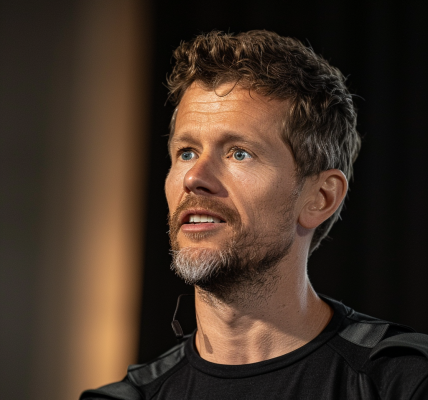Scientists have recently made a surprising discovery about the balance of energy exchange in natural ecosystems. A global team led by Penn State researchers analyzed data from 149 studies to quantify and understand allochthony in forest-stream ecosystems around the world.
The findings revealed that forests and streams engage in an equal exchange of energy. This balance, termed allochthony, describes the ongoing flow of energy and resources between natural ecosystems. Despite the seemingly counterintuitive observation that more energy appears to flow into streams than flows out, the study uncovered a surprising truth: aquatic and terrestrial organisms consume near-equal amounts of resources originating from the opposite ecosystem.
The researchers propose that nutritional quality likely plays a major role in maintaining this ecosystem balance. Aquatic creatures receive a large amount of energy from leaves, while insects emerging from the stream have a higher nutritional value that compensates the aquatic creatures.
The research team also explored how allochthony patterns differ among various species groups and across diverse climates. Aquatic invertebrates, fish, terrestrial arthropods, and terrestrial vertebrates all participate in this energy exchange, but the strength and pathways of this exchange vary significantly across these groups. For instance, land-dwelling vertebrates seem to rely less on resources originating from the stream.
Additionally, the study found that arid climates exhibit strikingly different patterns from tropical zones. In dry regions, aquatic invertebrates engage in nearly twice the amount of energy exchange compared to their counterparts in tropical environments. Fish across different climates, however, maintain relatively consistent levels of allochthony.
Understanding these climate-driven variations provides important clues about how these intricate exchanges might shift in response to changing environmental conditions.





